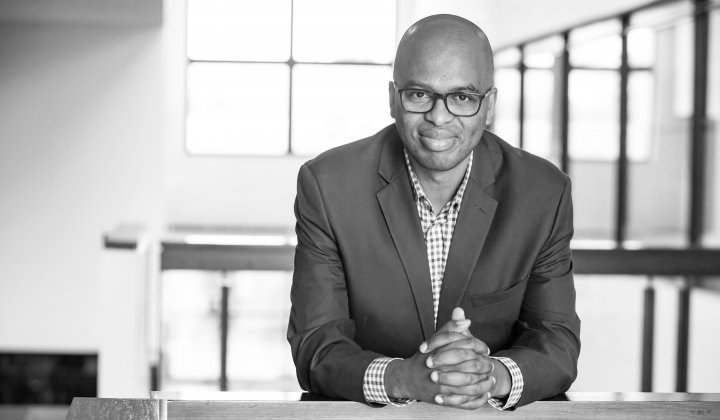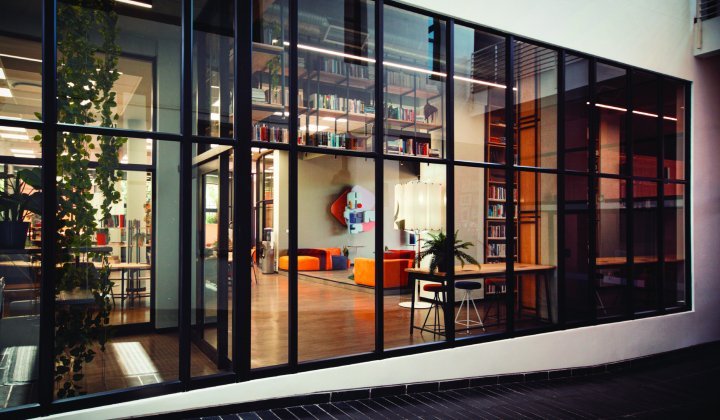Award-winning journalist Mathew Syed’s latest book, Rebel Ideas, dives into what diversity is and how to leverage it. Syed’s work is based on the well-established premise that when you bring people together with diverse insights, perspectives and experiences, the system benefits from an upswing in collective intelligence. He adroitly weaves together a number of fascinating examples to illustrate his points, like how the CIA’s failure to prevent the 2001 bombing of the Twin Towers because of internal homophily1 reveals why, when groups of clever people are not diverse, there is far less benefit from their collective intelligence.
His examination of the dangers of echo chambers where members rally in person and increasingly in social media to reject the views of the other also shows that the existence of diverse groups that are exposed to each other’s views don’t automatically result in collective problem-solving.
His consideration of old data on the design of US fighter plane cockpits, as well as new research that shows that a singular approach to food consumption is not of equal benefit to all, illustrates the fallacy of “one size fits all” solutions that, although they might work on average, often fail large numbers of the population.
South Africa’s post-apartheid transition provided a golden opportunity to unleash the diversity of thought and experience that Syed calls for to unlock our grand challenges. As things stand, sadly on just about any measure, we have failed to tap into our diversity to develop and execute intelligent country-level solutions. It’s not that we’re not seeing diversity at play. Our diversity experience is all about a growth in extremes, whether we refer to currency volatility, a parliament in disarray, income disparity, or changing weather patterns. This variance is, of course, not isolated to our context. Key events of 2019 suggest that the world is at war with itself across a range of issues and across all spectra – social, political, legal, economic and, perhaps most profoundly, environmental.
Syed describes diverse but collectively unintelligent teams as rebels without a cause. In our case it’s about rebels, each with their own causes that have little in common. Any effort to find the intersect between the good, the bad and the ugly in our South African context reveals that when it comes to definitions of success, it’s hard to find common intent across and within leaders in government, business, labour and civil society.
The motto of our South African coat of arms, which is written in Khoisan as “ǃke e꞉ ǀxarra ǁke” and translates literally as "diverse people unite”, calls for us to find common ground. We need to frame a new conversation that gives us a unitary sense of purpose before we seek to agree on how to make the hard trade-offs needed to rebuild our failing institutions, bridge divides to foster social consensus and use digital technology and social media to benefit and connect our fragmented society. We need to start by tapping into our remarkable human ability to imagine what could be, not for ourselves, and not for now, but for our youth and their children.
As we seek ways to oxygenate our remarkable diversity to produce better solutions, Syed’s book provides valuable advice. But without creating the glue of a common future to bind us, embracing diversity alone won’t yield expected benefits.
1 A term which, much like the idiom that birds of a feather flock together, refers to the tendency that people seek out or are attracted to people who are similar, or who think similarly, to themselves.



